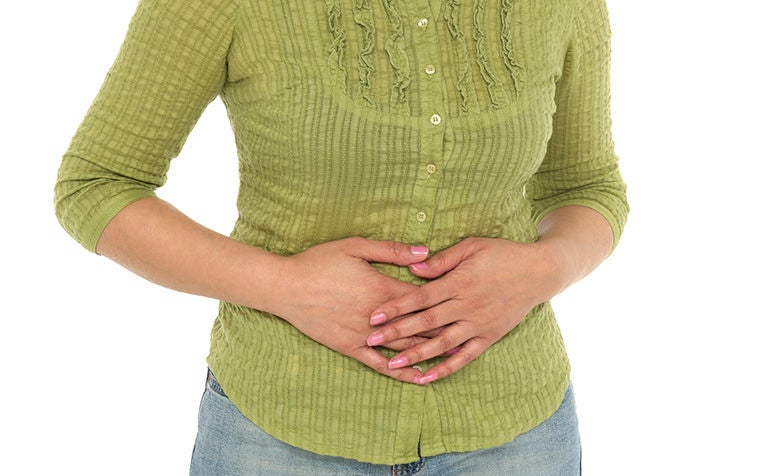HealthXchange will NEVER ask you to transfer money over a call. If in doubt, call the 24/7 ScamShield helpline at 1799, or visit the ScamShield website at www.scamshield.gov.sg.
Menstrual Disorders: Painful Periods

Menstruation All you need to know about period pains.
Many women suffer from painful cramps immediately before or during their menstrual periods. This condition is known as dysmenorrhoea. For some women, the pain can be so excruciating that they are unable to participate in their usual activities.
Types and causes of period pain
There are two types of dysmenorrhoea: primary dysmenorrhoea and secondary dysmenorrhoea. Primary dysmenorrhoea or common menstrual cramps is due to excessive levels of the hormone-like prostaglandin causing contractions of the uterine wall, producing cramp-like, aching pain in the lower abdomen or back that can range from mild to severe. These often start shortly before or at the onset of the period, and last for one to three days. These cramps often resolve with age or after having the first baby.
Secondary dysmenorrhoea is menstrual pain with an underlying cause often related to problems in the female reproductive organs, such as uterine fibroids, pelvic inflammatory disease and endometriosis. It might also be caused by the use of an intrauterine device (IUD), especially in the early months after insertion. Pain from secondary dysmenorrhoea usually begins earlier in the menstrual cycle and lasts longer than common menstrual cramps.
What you can do to relieve period pain
Placing a hot water bottle or heating pad on your lower abdomen, taking a warm bath or gently massaging the area lightly in a circular movement with your fingers may provide some pain relief. Get rest when needed, and avoid caffeine, smoking and alcohol. Relaxation techniques such as meditation and yoga can help take your mind off the pain, while drinking herbal teas such as mint or camomile can lessen the cramping pain for some women. Women who exercise regularly have also been shown to suffer from less menstrual pain, so this would be yet another way you can battle menstrual cramps.
If over-the-counter painkillers are not effective, see your doctor. Depending on the severity of the problem, he may put you on birth control pills for six to 12 months, which has been found to be an effective treatment. If the pain is caused by the use of IUD, your doctor may suggest an alternative method of birth control.
Ref: T12
Contributed by
Related Articles
Public Events
Get the Health Buddy App
© 2025 SingHealth Group. All Rights Reserved.


















 Get it on Google Play
Get it on Google Play